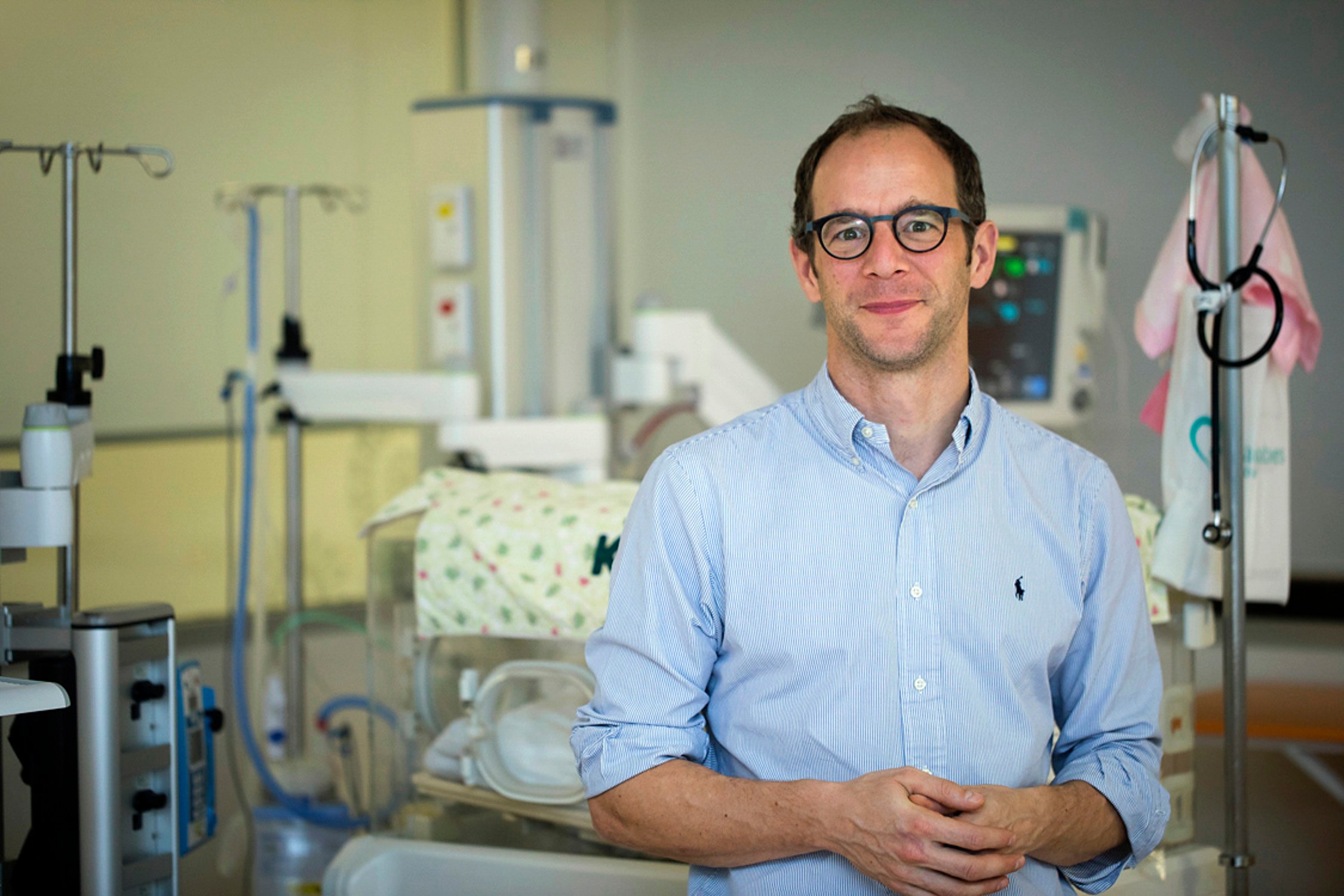Search

News & Events
The Kids researchers lead national trial to fight sepsis in premature infantsThe Kids Research Institute Australia researchers will lead a new national clinical trial (COSI-2) to determine whether topical coconut oil can reduce late onset sepsis in extremely preterm infants.
Research
Comparison of group A streptococcal titres in healthy children and those with pharyngitis and skin infectionsRates of acute rheumatic fever, a sequelae of group A Streptococcal (GAS) infection, remain unacceptably high in Indigenous Māori and Pacific children in New Zealand. This prospective study aimed to describe GAS antibody titres in healthy children (5–14 years) by ethnicity, and to determine how paired titres vary with GAS culture positive and negative pharyngitis, and GAS skin infections.
Research
Respiratory follow-up to improve outcomes for Aboriginal children: twelve key stepsAmong Aboriginal children, the burden of acute respiratory tract infections (ALRIs) with consequent bronchiectasis post-hospitalisation is high. Clinical practice guidelines recommend medical follow-up one-month following discharge, which provides an opportunity to screen and manage persistent symptoms and may prevent bronchiectasis.
Research
The Centres for Disease Control light trap and the human decoy trap compared to the human landing catch for measuring Anopheles biting in rural TanzaniaVector mosquito biting intensity is an important measure to understand malaria transmission. Human landing catch (HLC) is an effective but labour-intensive, expensive, and potentially hazardous entomological surveillance tool. The Centres for Disease Control light trap (CDC-LT) and the human decoy trap (HDT) are exposure-free alternatives.
Research
Breastfeeding in a COVID-19 worldThe coronavirus disease 2019 (COVID-19) pandemic has changed the birthing and postnatal experience of women. This review highlights how policy changes have affected pregnant and breastfeeding women, the evidence for continued breastfeeding and severe acute respiratory syndrome coronavirus 2 (SARS-CoV-2) vaccines, and how the pandemic's unexpected consequences have affected these women's wellbeing.
Research
Lessons learnt during the COVID-19 pandemic: Why Australian schools should be prioritised to stay openIn 2020, school and early childhood educational centre (ECEC) closures affected over 1.5 billion school-aged children globally as part of the COVID-19 pandemic response. Attendance at school and access to ECEC is critical to a child's learning, well-being and health. School closures increase inequities by disproportionately affecting vulnerable children. Here, we summarise the role of children and adolescents in Severe Acute Respiratory Syndrome Coronavirus 2 (SARS-CoV-2) transmission and that of schools and ECECs in community transmission and describe the Australian experience.
Research
Mapping the endemicity and seasonality of clinical malaria for intervention targeting in Haiti using routine case dataTowards the goal of malaria elimination on Hispaniola, the National Malaria Control Program of Haiti and its international partner organisations are conducting a campaign of interventions targeted to high-risk communities prioritised through evidence-based planning. Here we present a key piece of this planning: an up-to-date, fine-scale endemicity map and seasonality profile for Haiti informed by monthly case counts.
Research
Mapping Tuberculosis Prevalence in Ethiopia: Protocol for a Geospatial Meta-AnalysisIn this report, we present a protocol for a geospatial meta-analysis to investigate the spatial patterns of TB prevalence in Ethiopia
Research
Interferon-α2b Treatment for COVID-19We describe here the effects of treatment with interferon-α2b in a cohort of confirmed COVID-19 cases in Wuhan, China
Research
Electrostatic Filters to Reduce COVID-19 Spread in Bubble CPAP: An in vitro Study of Safety and EfficacyBubble CPAP may be used in infants with suspected or confirmed COVID-19. Electrostatic filters may reduce cross infection. This study aims to determine if including a filter in the bubble CPAP circuit impacts stability of pressure delivery. A new electrostatic filter was placed before (pre) or after (post) the bubble CPAP generator, or with no filter (control) in an in vitro study. Pressure was recorded at the nasal interface for 18 h (6 L/min; 7 cm H2O) on 3 occasions for each configuration. Filter failure was defined as pressure >9 cm H2O for 60 continuous minutes. The filter was weighed before and after each experiment.
